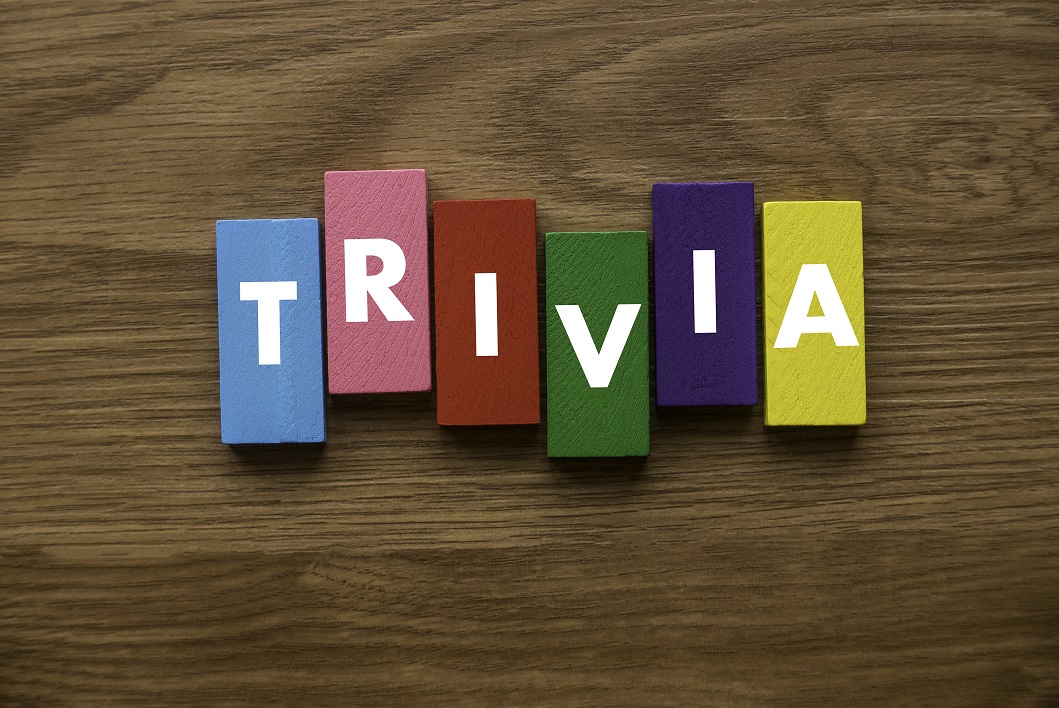
Can You Win the Dental Trivia “Crown”?
Think you have what it takes to win the dental trivia “crown”? Test your knowledge with these fun and interesting questions. (Answers are below.)
1. How many permanent teeth do adults have?
A. 24
B. 28
C. 32
D. 36
2. True or false: Tooth enamel is the hardest substance in the human body.
3. When you lose tooth enamel, how long does it take to grow back?
A. 10 days
B. 2 weeks
C. 6 months
D. Tooth enamel doesn’t grow back
4. True or false: George Washington wore wooden dentures.
5. A toothache can be caused by:
A. Tooth decay
B. Tooth grinding
C. Infected gums
D. All of the above
6. True or false: In ancient times, people thought that tiny worms inside teeth were the cause of cavities.
7. Known as, “nature’s cavity fighter,” _______________ also helps repair the early stages of tooth decay and strengthen tooth enamel.
A. Calcium
B. Fluoride
C. Iron
D. Copper
8. True or false: No 2 teeth are exactly the same shape and size.
Answers
1. C. At birth people usually have 20 baby primary teeth, which start to come in around 6 months of age. They fall out at various times throughout childhood. By age 21, all 32 of the permanent teeth have usually erupted.
2. True. Tooth enamel is stronger than bone and made of 96% mineral – the highest tissue in the human body.
3. D. Tooth enamel doesn’t contain any living cells and cannot repair itself. Once it’s gone, tooth enamel can’t grow back.
4. False. Although Washington did wear dentures, they were never wooden. His many pairs were built from different materials including hippopotamus ivory, bone, gold wire, copper screws, lead and even human teeth.
5. D. In fact, toothaches can also be caused by an abscessed tooth, a tooth fracture or damaged fillings.
6. True. The concept of tooth worms dates back to 5000 B.C. They were also mentions in ancient Chinese scripts from 1500 B.C. and people in the Roman Empire and Middle Ages also thought tooth worms were real.
7. B. A naturally occurring mineral, fluoride helps prevent cavities in children and adults.
8. True. Each tooth in your mouth is unique, even if they’re the same type of tooth (molar, incisor, etc.). Teeth also vary widely from person to person.
Leave a reply →